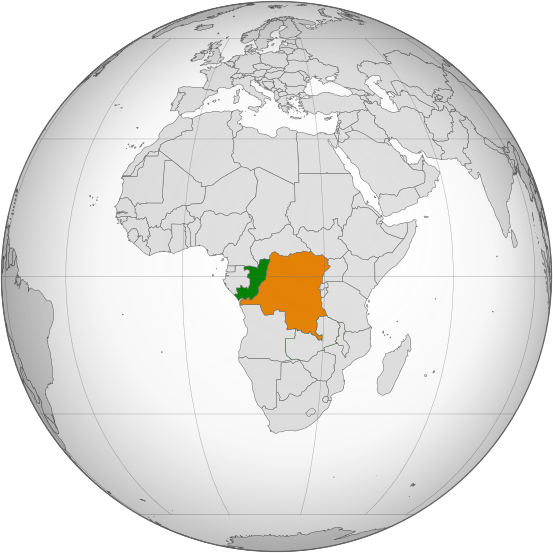In mid-May, the World Health Organization (WHO) IHR Emergency Committee on Yellow Fever convened and decided that the urban yellow fever outbreaks in Angola and the Democratic Republic of the Congo is a serious public health event which warrants intensified national action and enhanced international support. The Committee decided that based on the information provided the event does not at this time constitute a Public Health Emergency of International Concern (PHEIC).

Image/P. S. Burton
Three months after that decision, a Georgetown University expert has called on WHO director-general, Dr Margaret Chan, via letter, to reconvene the Committee after spending time in Kinshasa, Democratic Republic of Congo (DRC) to observe the epidemic response.
Daniel R Lucey MD, MPH, an immunologist at the O’Neill Institute for National and Global Health Law outlines his reasons in the letter published in ProMED-Mail. These include the continued spread of the yellow fever epidemic in the DRC, vaccine shortages and the reported virus spread into neighboring Republic of Congo (Lucey states Brazzaville officials report scores of suspected cases and several yellow fever IgM positive tests).
The latest data show that Angola has not reported a confirmed yellow fever case since June. From 5 December 2015 to 4 August 2016, a total of 3867 suspected cases have been reported, of which 879 are laboratory confirmed.
The total number of reported deaths is 369, of which 119 were reported among confirmed cases. Confirmed cases have been reported in 16 of 18 provinces.
In the DRC, 2269 suspected cases have been reported as of Aug. 8. Confirmed cases have been reported in seven of 26 provinces. Of the 74 confirmed cases, 56 are reported as imported from Angola, three are sylvatic, 12 are autochthonous and three are under final investigation.
Although the epidemics seem to be slowing, UN health officials remind the governments and health officials not to let their guard down. “We are at a critical phase of the response. We have made good progress but we need to do more to prepare for the rainy season expected in September.
“We must not let our guard down as this is the time to intensify efforts and arrest further transmission, especially at the border areas where there is significant trade and movement of people”, said Dr Matshidiso Moeti, the World Health Organization Regional Director for Africa.
Related:
- Nigeria polio update: 1st cases since July 2014
- Uganda reports progress towards reducing river blindness
- Nigeria reports increase in Lassa fever cases in first six months of 2016
- Trachoma in Ethiopia: Carter Center and Noor Dubai Foundation team up to battle blinding disease
- Egypt reports 3 human H5N1 avian influenza cases


4 thoughts on “Yellow fever: Georgetown expert calls on WHO to reconvene Emergency Committee, Spread to Republic of Congo”